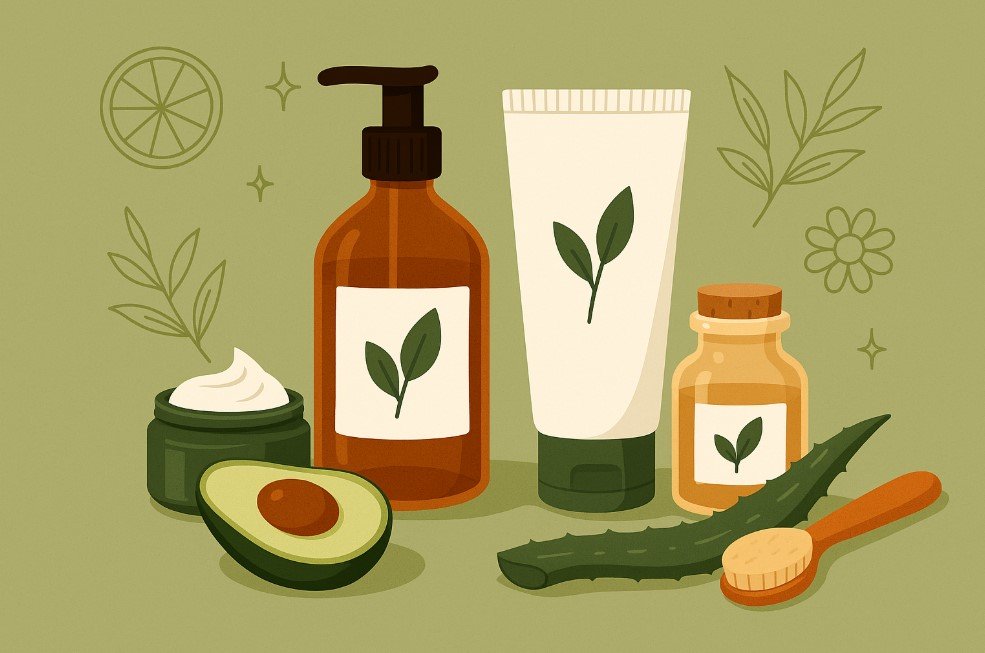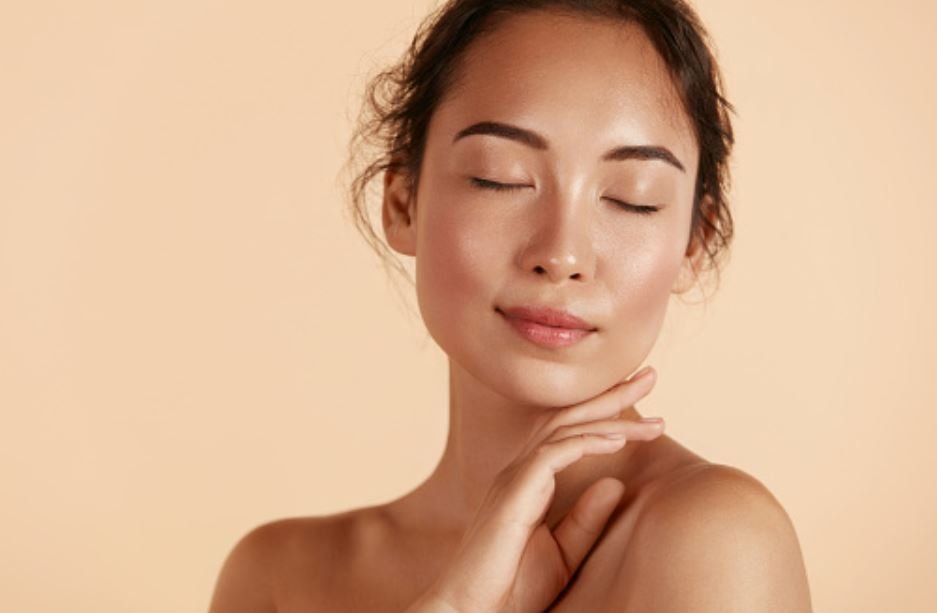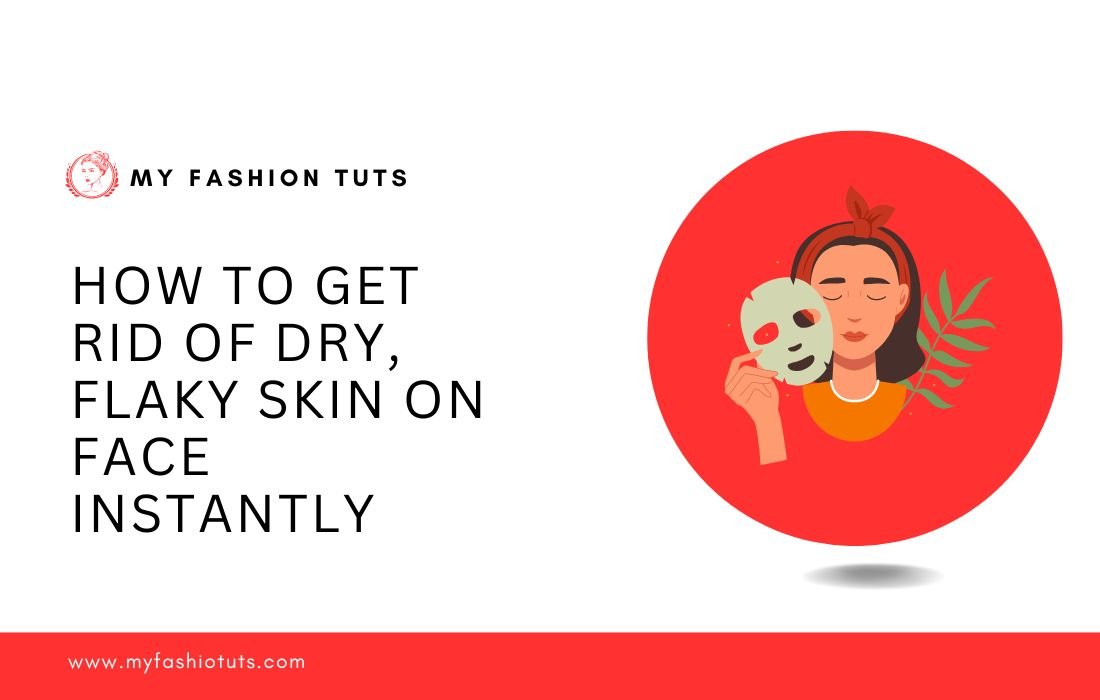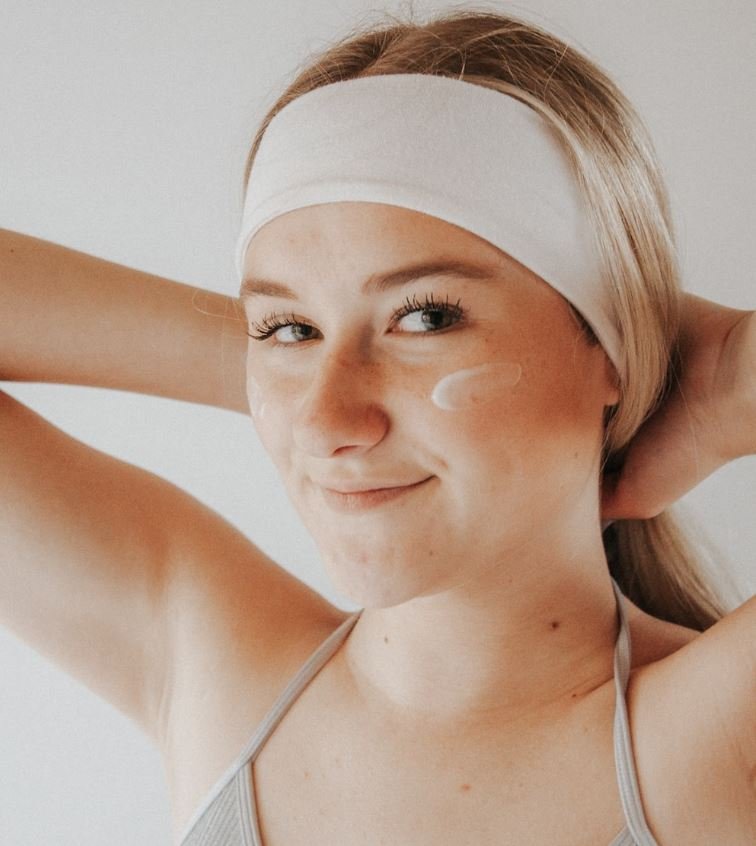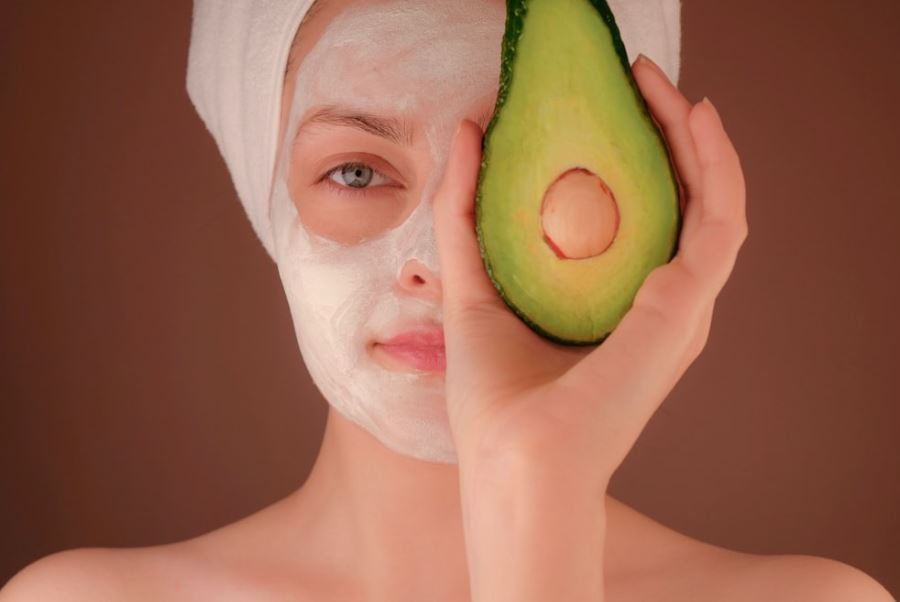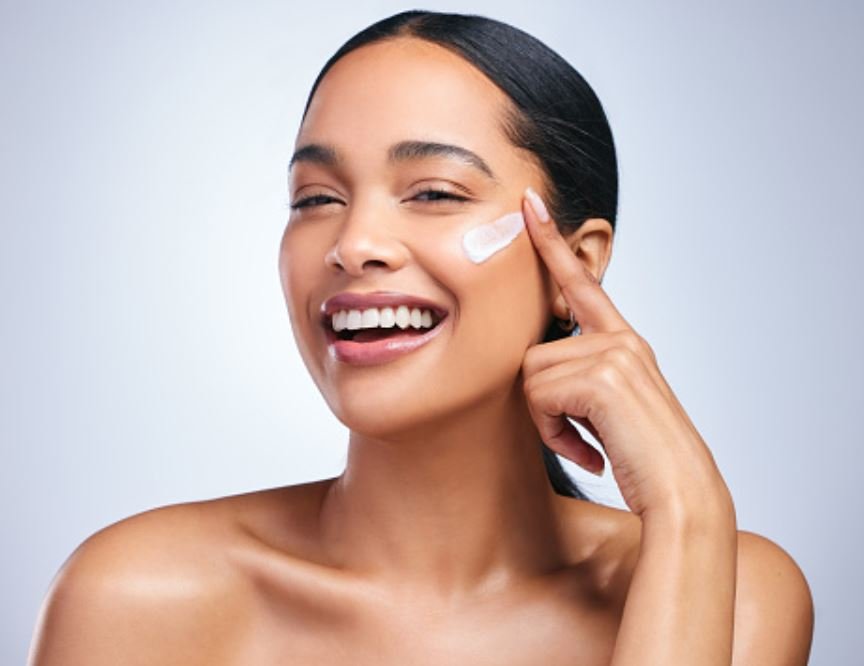
Dark spots, also called hyperpigmentation, can show up on the face due to sun exposure, changes in hormones, or just getting older. Even though they are mostly safe, they can make many people feel bad about themselves. There are a few home treatments, like lemon juice, that can help get rid of these dark spots and make your skin look younger. In this piece, we’ll look at how well lemon juice and other home remedies work, as well as give you tips on how to avoid dark spots and keep your skin healthy.
Lemon Juice: A Natural Remedy
How does lemon juice work?
Because it is high in vitamin C, lemon juice is often used as a natural way to get rid of dark spots. Vitamin C is an antioxidant that fights free radicals, which can damage the skin and lead to discoloration and other skin problems. Also, vitamin C has been shown to stop the production of melanin, which is what causes dark spots. By putting lemon juice on your face, you can help fade dark spots that are already there and stop new ones from appearing.
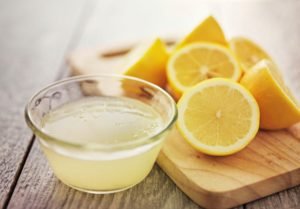
Precautions when using lemon
Lemon juice is a strong home remedy, but it’s important to be careful when you put it on your face. Because lemon juice is acidic, it can irritate or dry out the skin of some people, especially those with sensitive skin. Before putting lemon juice on your face, mix it with water or honey to lower the risk. Lemon juice can also make your skin more sensitive to the sun, so it’s important to use sunscreen and stay out of the sun as much as possible when using this treatment.

Other Effective Home Remedies
Aloe Vera
Aloe Vera is another natural treatment that is known for its ability to soothe and heal. It has many vitamins and minerals in it, such as vitamins A, C, and E, which can help get rid of dark spots and help the skin grow back.
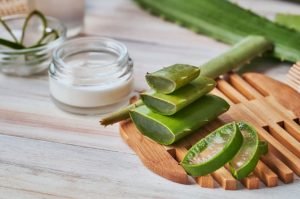
Apple Cider Vinegar
Apple cider vinegar has a lot of acetic acids, which can help remove dead skin and make dark spots less noticeable. Before you put apple cider vinegar on your skin, mix it with water. After a few minutes, wash your skin well.

Turmeric
Turmeric has been used for a long time because it can reduce inflammation and fight free radicals. Curcumin, the main ingredient in turmeric, can help stop melanin from being made, which makes dark spots go away.

Papaya
Papaya is full of enzymes like papain, which can help remove dead skin and make dark spots look less noticeable. If you put mashed papaya on your skin or use items with papaya extract, your skin tone and texture may get better.

Vitamin E
Vitamin E is a strong antioxidant that can help prevent damage to the skin and speed up the healing process. Using vitamin E oil or creams with vitamin E in them can help fade dark spots and make your skin healthier generally.
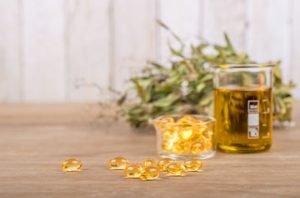
Read more: Winter Skincare Tips – Home Remedies to Keep Your Skin Moisturized
Tips for Preventing Dark Spots
Protecting your skin from the sun
Dark spots are often caused by being in the sun. To avoid sunburn caused by the sun, wear a broad-spectrum sunscreen with an SPF of 30 or higher, stay in the shade, and wear protective clothing when you’re outside.
Healthy diet
A diet full of antioxidants and important nutrients can help keep your face healthy and keep dark spots from showing up. To keep your skin in good shape, eat a lot of fruits, veggies, whole grains, and lean protein.
Proper skincare routine
Having a regular skin care routine, like washing, exfoliating, and moisturizing, can help keep your skin healthy and avoid dark spots. Make sure to use soft, non-abrasive products and not to exfoliate too much, which can irritate the skin and make acne worse.
Stay hydrated
Getting enough water is important for your general health, including keeping your skin healthy. Staying hydrated can make your skin more flexible and lessen the look of dark spots.
Conclusion
Lemon juice and other home treatments can help get rid of dark spots and make your skin look healthy and bright. But it’s important to be careful when using these treatments, and you should always do a patch test to make sure your skin doesn’t have a bad reaction. Also, keeping your skin out of the sun, eating well, and using the right makeup routine can help you avoid dark spots and keep your skin looking its best.
FAQs
-
How long does it take for lemon juice to fade dark spots?
The time it takes for lemon juice to fade dark spots varies from person to person, depending on factors such as skin type and the severity of the dark spots. Consistent use of lemon juice, usually 6-8 weeks, may show visible improvements.
-
Can lemon juice cause more dark spots?
If used incorrectly, lemon juice can cause skin irritation, which may lead to more dark spots. Always dilute lemon juice and perform a patch test before applying it to your face.
-
Are there any side effects to using home remedies for dark spots?
Some individuals may experience skin irritation or allergies to certain ingredients in home remedies. Always perform a patch test and consult with a dermatologist if you’re unsure about using a specific remedy.
-
Can I use multiple home remedies at the same time?
It’s best to stick to one home remedy at a time and give it a few weeks to see the effects before trying another. Combining multiple remedies may cause skin irritation or counteract the benefits of the individual remedies.
-
How can I prevent dark spots from reappearing?
The key to preventing dark spots is to protect your skin from sun exposure, maintain a healthy diet, and follow a proper skincare routine. Using sunscreen, wearing protective clothing, and staying hydrated can help minimize the risk of dark spots reappearing.
Based on: wellhealthorganic.com:lemon-juice-know-home-remedies-easily-remove-dark-spots
Read more: Diet for Excellent Skin Care: Oil is an Essential Ingredient

